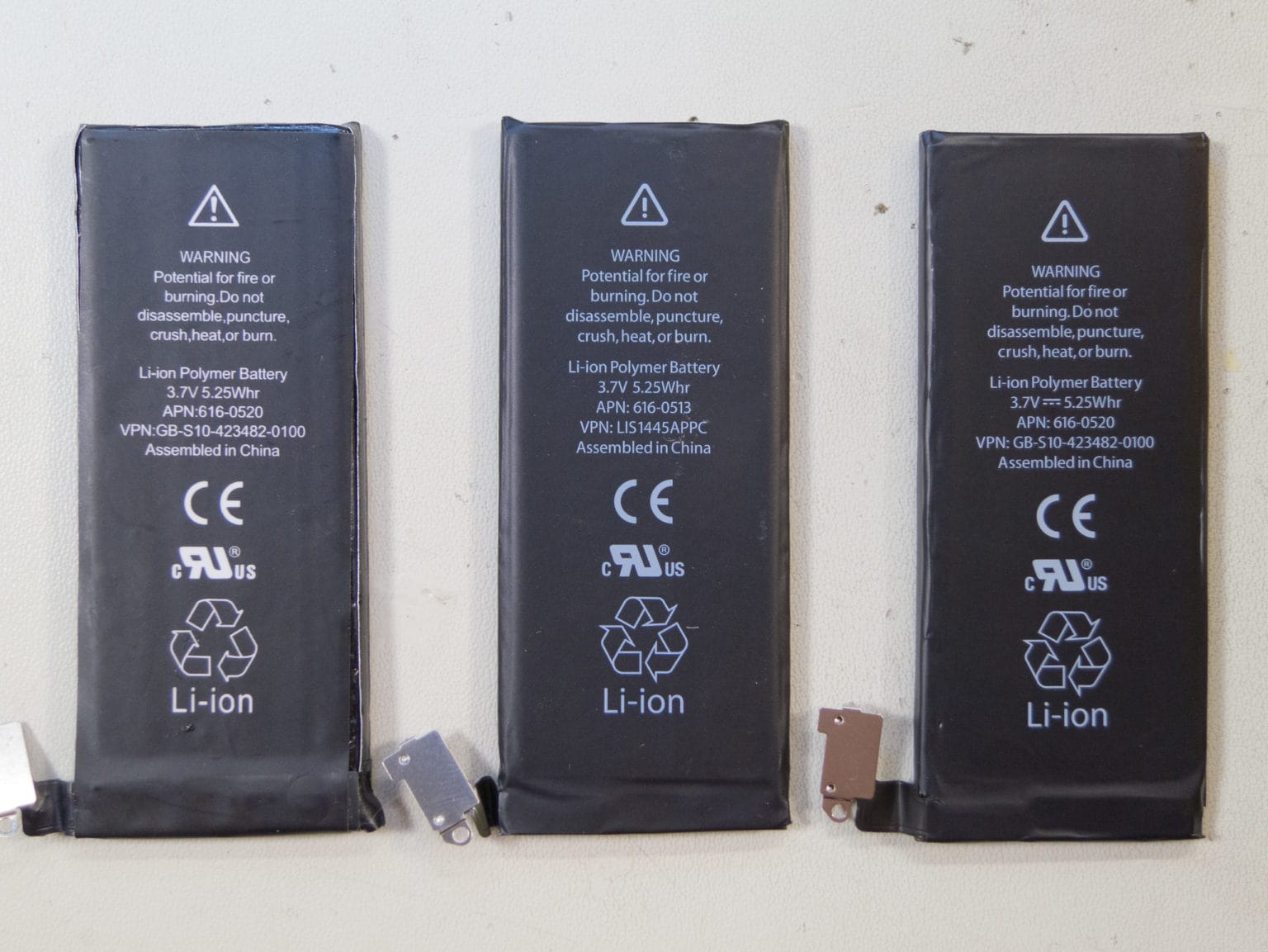A lawsuit from plaintiffs from the Democratic Republic of Congo claims that Apple is among the companies willfully exploiting the use of underage labor for cobalt mining for lithium-ion batteries.
It claims that “young children” are being forced to work full time dangerous mining jobs. They are “regularly maimed and killed” by hazards such as tunnel collapses.
Other companies named in the suit include Google parent company Alphabet, Dell, Microsoft and Tesla. The suit accuses them of “aiding and abetting” the “cruel and brutal” use of young children in cobalt mining.
The suit describes the injuries sustained by a young mine worker, whose legs were crushed in a tunnel collapse. He was working for mine operator Congo Dongfang Mining. That business is owned by a company that sells to Apple and Microsoft.
The case says cobalt mining has soared to meet the demand for cobalt “caused by the tech boom led by Defendants.” Cobalt is a crucial component in modern lithium-ion batteries.
The suit is hoping for a trial by jury. It wants the named tech giant to pay damages to miners. In addition it wants “appropriate medical care” for the plaintives, plus environmental clean-up efforts.
Underage labor in mining
A 2016 Amnesty International report made similar complaints about Apple is among the companies which use underage workers for cobalt mining.
In response, Apple said it does not tolerate the use of underage labor. It continued that: “We are currently evaluating dozens of different materials, including cobalt, in order to identify labour and environmental risks as well as opportunities for Apple to bring about effective, scalable and sustainable change.”
However, the issue remains a troubling ongoing one. Earlier this year, a video from the UK’s University of Plymouth broke down an iPhone. This was to show the components that go into it.
“We rely increasingly on our mobile phones but how many of us actually think what is behind the screen?” said Dr Arjan Dijkstra, lecturer in igneous petrology. “When you look, the answer is often tungsten and cobalt from conflict zones in Africa. There are also rare elements such as neodymium, praseodymium, gadolinium and dysprosium, not to mention quantities of gold, silver and other high value elements.”
Apple has been working hard to transform its supply chain. It frequently publishes reports revealing the progress it has made. Last year, Apple removed two cobalt smelters and refiners from its supply chain. Apple said this was because they had not met Apple’s supplier code of conduct.
Via: Apple Insider


